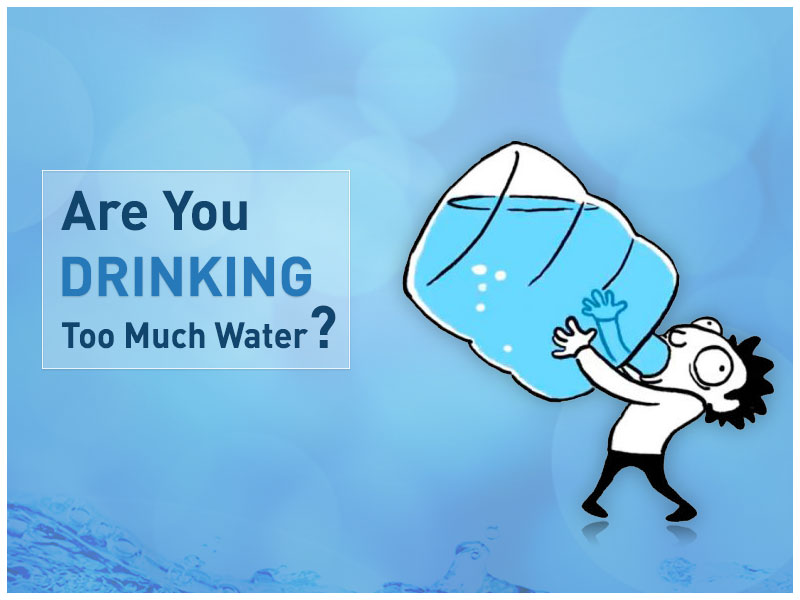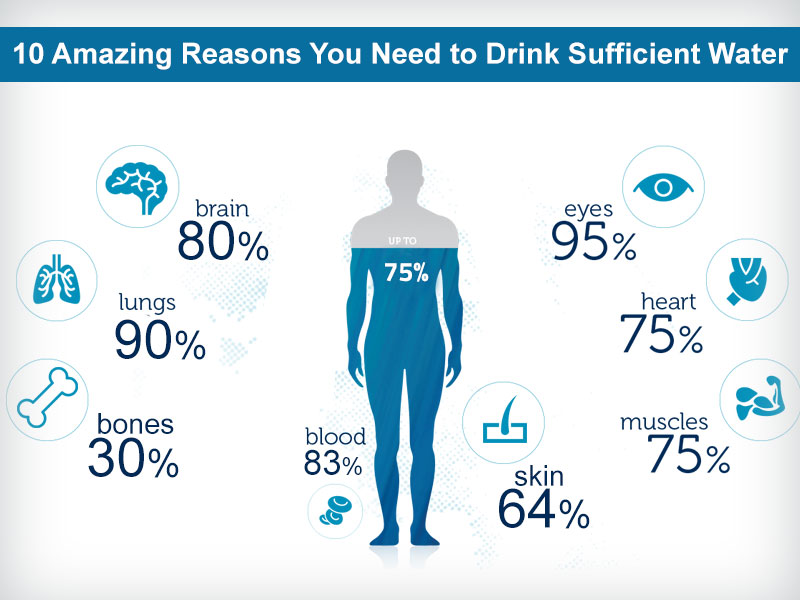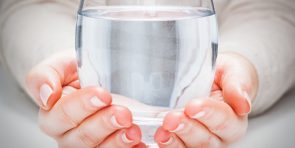Water Intoxication- a Serious Health Condition Which May Kill You
Drinking sufficient water is a necessity as it provides a lot of benefits. A lot of importance is given to drinking purified water, which is free of contaminants to avoid water-borne diseases and stay healthy. However, many of us are unaware of the fact that drinking too much water can actually do more harm than good. The condition, which is known as hyponatremia, can be quite dangerous, especially for athletes. In this blog, we discuss in detail the less known topic of hyponatremia and the ways to prevent it. Read on.
What is Hyponatremia?
Hyponatremia is a condition when the sodium in your blood is below normal. Sodium is necessary for a number of essential functions in your body such as maintaining fluid balance, normal functioning of your nervous system, and regulating your blood pressure. Also referred to as hyponatremia occurs as a result of excess water intake and lack of sodium replacement after a strenuous exercise session. Low levels of sodium may cause your cells to swell and lead to a number of health problems. The normal sodium level in your blood needs to be between 135 – 145 milliEquivalents/liter (mEq/L). If at any time, the sodium level falls below the limit mentioned above, you need to take precautions to restore it.
Symptoms of Hyponatremia
If you have mild hyponatremia, there may not be any symptoms. However, if the sodium level in your body is too less, here are some of the symptoms that you may notice:
- Headache or confusion
- Nausea accompanied by vomiting
- Fatigue
- Seizures
- Spasms, cramps, or muscle weakness
- Restlessness
- Irritability
- Loss of Energy
Reasons that Lead to Hyponatremia
There may be a lot of reasons that may cause the level of sodium to dip in your body. Some of the reasons are mentioned below.
1. Drinking Excess Water
Drinking excess water is one of the main reasons for hyponatremia. Too much water can dilute the sodium level in your blood. The situation mainly arises when you indulge in strenuous exercise or participate in a marathon. During these activities, you sweat a lot and lose sodium from your body.
Certain Medicines Another cause of hyponatremia is medications. Water pills, which are also known as diuretics, antidepressants, or pain medications are some of the types of medicines that increase urination or also make you sweat more. Too much urinating or sweating affects the sodium level in your body and leads to hyponatremia.
2. Hormonal imbalance
Many of us are not aware of the fact that some hormones also have an effect on the sodium level in the body. Syndrome of inappropriate anti-diuretic hormone (SIADH) is a condition that causes water retention in your body. In addition, Addison’s disease may also affect your hormones and lead to water retention. If you suffer from hypothyroidism, you need to be extra careful with the sodium level in your body.
3. Health Problems
Kidney or liver disease, and congestive heart failure are some of the common health problems that can lower the sodium levels in your body. These diseases can alter the level of sodium in your body by affecting the amount of fluid in your body. In addition, diarrhea, and vomiting can also deplete the level of sodium in your body.
What is Water Intoxication?
Water intoxication, also known as water poisoning or water overdose, is a condition that occurs when a person consumes an excessive amount of water in a short period of time, overwhelming the body’s ability to process and eliminate it. This leads to an imbalance in electrolytes and can have serious health consequences. Drinking extreme amounts of water dilutes the concentration of electrolytes, particularly sodium, in the blood, a condition called hyponatremia. Symptoms may initially include nausea, headache, confusion, and fatigue, but can progress to more severe manifestations such as seizures, muscle weakness, brain swelling, respiratory distress, and even coma or death if left untreated. Water intoxication can occur in situations such as excessive water drinking contests, endurance activities without proper electrolyte replacement, or certain medical conditions affecting fluid balance. It is important to maintain a balanced approach to hydration, listen to the body’s thirst signals, and seek medical attention if symptoms of water intoxication are experienced or if excessive water consumption is suspected.
Who are at a Greater Risk of Water Intoxication?
Older people who suffer from any of the medical conditions mentioned above are at a higher risk of suffering from hyponatremia. The reason is they take certain medications and as a result are more likely to get hyponatremia. In addition, people suffering from kidney problems, irrespective of their age can also suffer from water intoxication.
Prevention for Hyponatremia
There are many ways to prevent hyponatremia and stay healthy.
- Pay attention to how much water you should drink in a day, especially if you indulge in a high-intensity exercise routine. If you take some medications or diuretics or suffer from any kidney or heart condition, make sure that you avoid drinking too much water.
- Check whether you suffer from any symptoms of hyponatremia. If you indulge in high-intensity exercises, keep a tab on the amount of water you drink. There are two effective ways to find out how much water you need to drink: how thirsty you feel and the color of your urine.
- Consult a doctor to know whether you can drink sports beverages instead of plain water after working out. Sports drinks have electrolytes that help in keeping the sodium level in your body stable.
Last Few Words
Those were some of the complications that you may face in case of hyponatremia. Ensure that you drink sufficient clean and safe drinking water which is free of contaminants. Bring home a water purifier machine which removes contaminants and also retains the essential minerals to help you stay healthy. However, if you indulge in strenuous physical activities ensure that you keep a track of your sodium level. For more information on our RO water purifiers, visit our website or call us at 1800-100 1000 to book a free demo.





